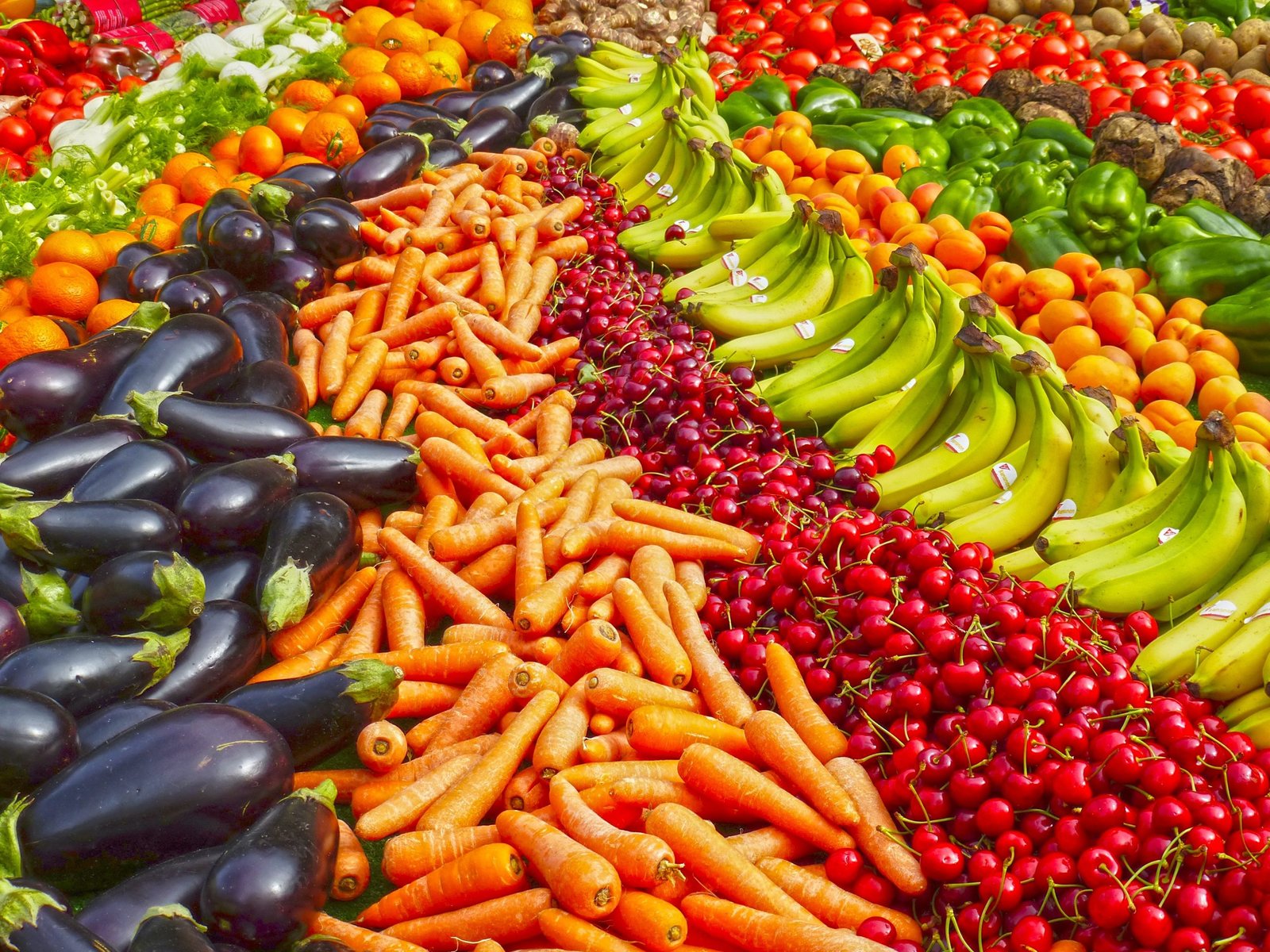
Is Our Regular Diet Lacking Some Important Components?
Back in ancient times, people used to die of a minor mineral deficiency.
The shortage of water, proteins, fats, carbohydrates, vitamins, or minerals could lead to devastating consequences. But thanks to modern technology, we don’t experience as many difficulties when it comes to having a healthy lifestyle.

In case of vitamin or mineral deficiency, vitamin supplements are the best medication. Elderberry gummies, for instance, are one of the most popular supplements available in many countries.
Seven important components every diet should have
The human body has different requirements, and the most important one is a balanced diet. A well-nourished diet should have the following vital components.
Proteins
Proteins are the essential elements of a healthy lifestyle. Each cell in the human body has little to excess amount of proteins. These are identified by their chain of amino acids. Proteins are an essential part of our diet because they help in cell differentiation (the process of maturation of cells) and tend to support the restoration of cells. Proteins are extremely important for children and teens, especially since they are in their growing age.
To obtain adequate amounts of proteins, we all must increase food consumption from plants and animal sources such as meat, beef, fish, beans, and lentils. Eggs are also one of the most nutritious protein-induced foods available. In addition to eggs, dairy products such as milk, yogurt, and cheese are also high in protein. Last in order are the seeds and nuts, giving most emphasis to almonds, a rich protein source.
Carbohydrates
The main source of energy and basically the fuel of the body could easily be labeled as carbohydrates. Carbohydrates are responsible for providing energy to every cell in the body. They meet your brain’s high energy demands, at the same time keeping cholesterol levels in check and regulating your blood glucose. Carbohydrates are also said to be a dietary fiber that aids in digestion and breaking down fatty acids. Moreover, they influence heart health, keep your kidneys in tip-top shape and make sure the central nervous system is working properly.
A wide variety of foods are known to contain carbohydrates. For example, bread, beans, oats, potatoes, popcorn, milk, spaghetti, corn, soft drinks, and the list goes on. Common forms of carbohydrates are sugars, fibers, and starches.
Fats
Fats, like carbohydrates, are also a source of fuel and provide instant energy. A moderate amount of fats is essential for the human body for complex functions. In fact, fats are a major source of storage in the body. More than enough amounts of intake of fats may result in obesity.

Dark chocolate, cheese, ice cream, butter, avocados, nuts, whole eggs, fatty fish, and red meat are just a few examples of foods rich in fats.
Vitamins
Vitamins are the essential nutrients required by the body to fulfill basic functions such as normal growth and development of cells and tissues along with healing of wounds and boosting immunity. Vitamins help your vision and enable you to see better even in the dark. In addition to this, they repair cellular damage and convert food into energy.
Vitamins can be attained by including some of these foods in your diet; sweet potatoes, carrots, leafy greens like spinach, meat, poultry, fish, nuts seeds, and vegetable oils.

Minerals
Similar to vitamins, minerals are involved in the growth and development of our body. Minerals perform functions ranging from the strengthening of bones to the transmission of nerve impulses. The secretion of hormones and maintenance of normal heartbeat are also some important functions of minerals.
Dairy products, meat, fish, nuts, fruits, and vegetables with the addition of fortified cereals are some good sources of minerals.
Fiber
Fiber is a necessary component of a healthy lifestyle. It plays a major role in digestion and assimilation. Fiber is basically the term given to the indigestible parts of a plant that pass through our stomach relatively unchanged. As mentioned above, it is a carbohydrate.
Fiber can mostly be found in whole grains, beans, brown rice, nuts, popcorn, bran cereal, and also baked potato with skin.
Water
Even though we humans are made up of more than seventy percent of water, there’s still a term among us known as dehydration. Water is constantly being utilized to regulate body temperature, provide moisture to various parts of the body, protect tissues and joints, and numerous other functions. Hence, we need a lot of water every day to lead a healthy lifestyle. Most people underestimate the amount of water we should intake.
An average person is advised to drink eight to nine glasses of water per day. However, there is not much of a limit. We should all try and drink more and more water each day to ensure a healthier and better life quality.








